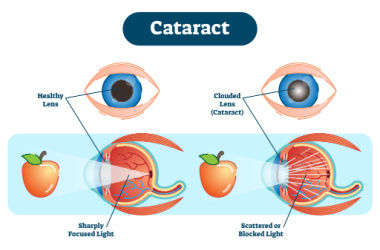General Health
Can Smoking & Drinking Cause Cataract? Here’s Everything That You Must Know
3 min read
By Apollo 24|7, Published on - 15 September 2022, Updated on - 18 October 2022
Share this article
0
0 like
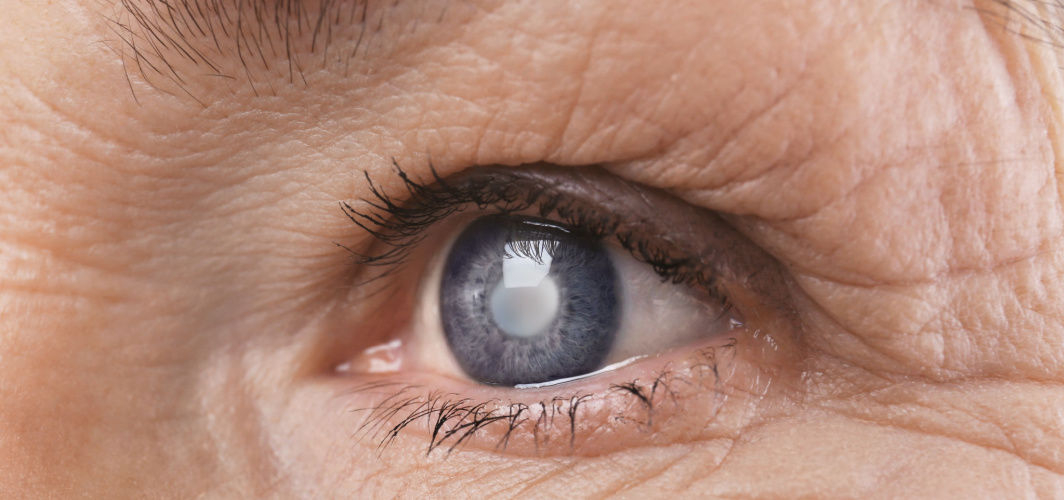
When you think of someone with cataracts, you might picture someone over the age of 60, because the ailment is commonly linked with the elderly. However, cataracts can also be congenital (present at birth) or develop post an eye injury or eye treatment (like glaucoma). If you wish to know the early signs of this condition, read on.
What are Cataracts?
Cataracts occur when the lens in one or both eyes becomes opaque and impairs vision. It is noticed that most people develop cataracts before the age of 80. Age-related cataracts have two effects on vision:
- The amount of light that reaches the retina is reduced by protein clumping in the eye.
- The colour of the lens progressively darkens.
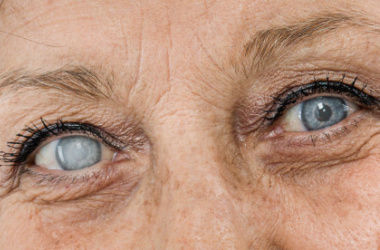
Other common symptoms of cataracts include blurred or double vision, muted colours, glare sensitivity, impaired night vision, halo vision, and frequent prescription adjustment.
Who can get a cataract?
Cataracts usually appear around the age of 40. However, symptoms won't likely become apparent until around 60 years of age. On rare occasions, babies can also be born with cataracts.
Furthermore, the risk of cataract development increases if you:
- Smoke
- Stay in highly polluted areas
- Consume excess alcohol
- Have a cataract history in your family
Causes of Cataracts
The human eye lens is mostly made of water and proteins. Over time, the protein inside the eye degrades and causes fogging of the lens. The risk of cataract development can increase due to several factors including:
- Diabetes
- Use of steroids (used to treat lupus and arthritis) and chlorpromazine (used to treat schizophrenia and bipolar disorder)
- Eye surgery or eye wounds
- Radiation therapy
- Extreme exposure to sunlight without using eye protection like sunglasses
Cataract Signs and Symptoms
Cataracts are a typical side effect of ageing of the eye. They may eventually result in:
- Cloudy, fuzzy, blurry, or filmy vision
- Sensitivity to harsh lighting, such as headlights or bulbs
- Seeing a halo around lights
- Frequent changes in eyewear prescriptions
- Dual vision
- Brighter light required to read
- Poor vision at night
How to Prevent Cataracts?
There is no scientific evidence to support any methods for cataract prevention or cataract progression. However, ways that may help include:
- Regular eye exams can help aid in the early detection of cataracts and other eye issues.
- Medications, counselling, and other treatment options can help a person quit smoking.
- If you have diabetes or another illness that might raise your risk of cataracts, stick to your treatment plan.
- Consume a diet rich in antioxidant foods such as tomatoes, carrots, and berries as they support eye health.
- When you're outside, put on sunglasses that block ultraviolet B (UVB) rays.
- Drink less alcohol as the risk of cataracts might rise with excessive alcohol use.
Cataracts Treatment
A cataract can only be removed surgically, however, you may not need to have surgery immediately.
Cataracts Treatment at home
Early on, you might be able to control your cataracts with little adjustments. However, the measures that may help are:
- Increasing the brightness of your lighting at home or work
- Putting on glare-reducing eyewear
- Using magnifying glasses for reading and performing other tasks
Cataract Surgery
If your cataracts begin to interfere with routine tasks like reading, driving or watching TV, your doctor may advise surgery. In the surgery, the clouded lens is removed and replaced with a new, artificial one (also called an intraocular lens).
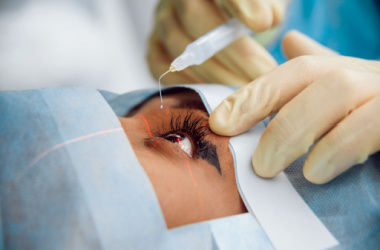
It's common to experience vision issues including cataracts as you age. However, cataract surgery is one of the safest and most efficient operations that can help people regain their complete vision. If you or someone you know need treatment for a cataract,
Consult an Apollo Eye Specialist
Medically reviewed by Dr Sonia Bhatt.
General Health
Leave Comment
Recommended for you
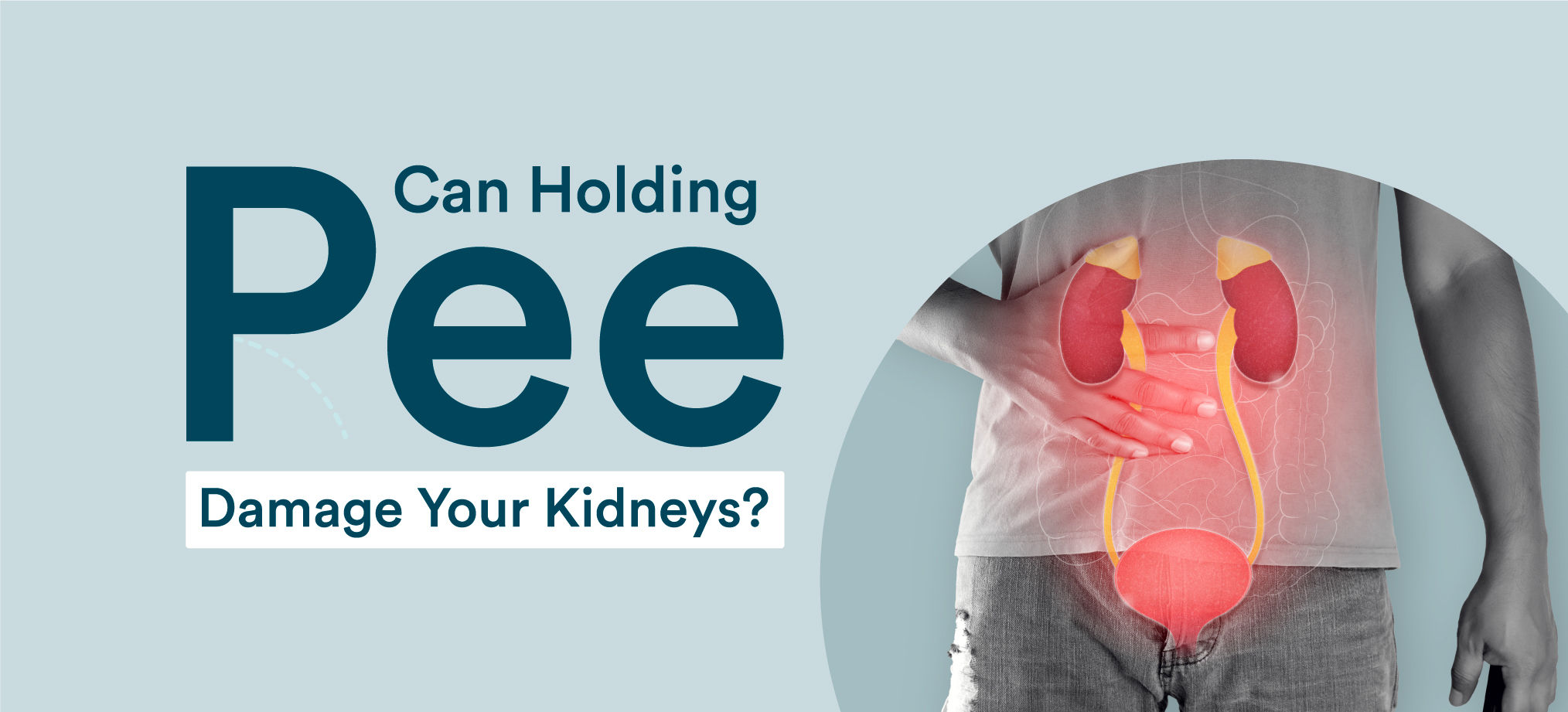
General Health
Why You Should Never Hold Your Pee?
Even if we desire to keep working or have just woken up from a nap, it's easy to fall into a state of extreme lethargy. But there are a few good reasons why we shouldn't hold it in.

General Health
Keep Yourself Safe During The Cough And Cold Season
It is common to get cold and flu during the transition of weather from autumn to winter. This article provides scientifically proven tips to keep away from cold and cough this season.

General Health
Enlarged Adenoids: Causes, Symptoms and Remedies
Enlarged adenoids can block the nasal passage of the air, resulting in congestion, breathing difficulties, and other symptoms.
Subscribe
Sign up for our free Health Library Daily Newsletter
Get doctor-approved health tips, news, and more.
Visual Stories

The Best Exercises for Controlling Blood Sugar Levels
Tap to continue exploring
Recommended for you

General Health
Why You Should Never Hold Your Pee?
Even if we desire to keep working or have just woken up from a nap, it's easy to fall into a state of extreme lethargy. But there are a few good reasons why we shouldn't hold it in.

General Health
Keep Yourself Safe During The Cough And Cold Season
It is common to get cold and flu during the transition of weather from autumn to winter. This article provides scientifically proven tips to keep away from cold and cough this season.

General Health
Enlarged Adenoids: Causes, Symptoms and Remedies
Enlarged adenoids can block the nasal passage of the air, resulting in congestion, breathing difficulties, and other symptoms.
